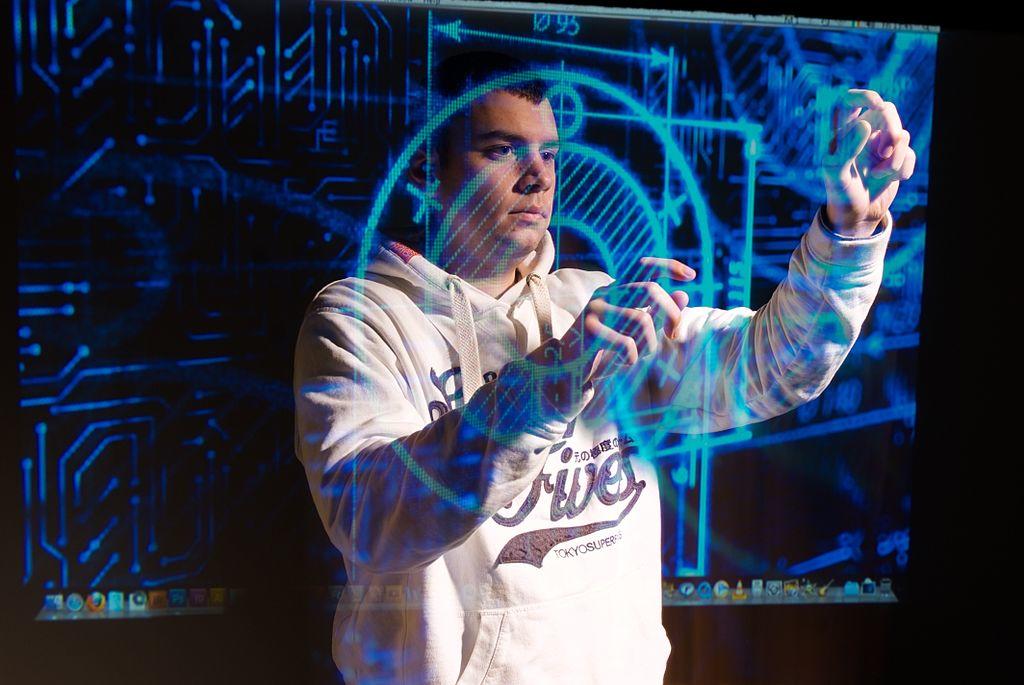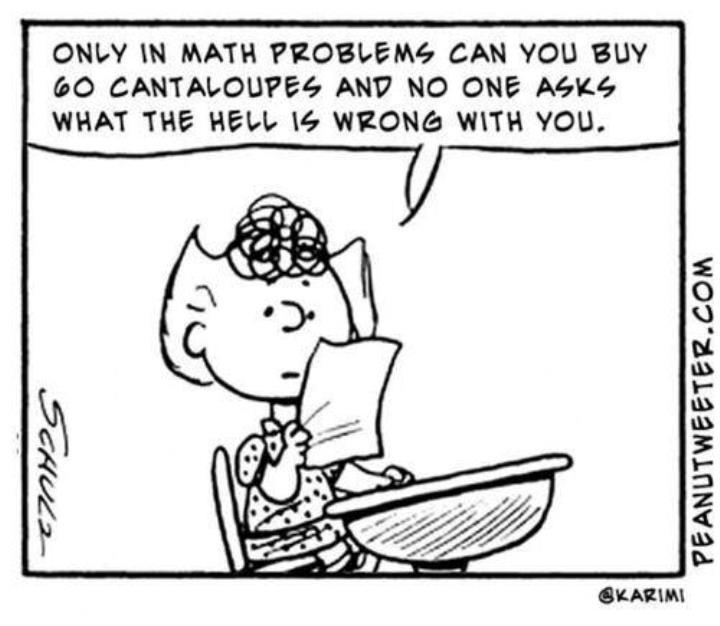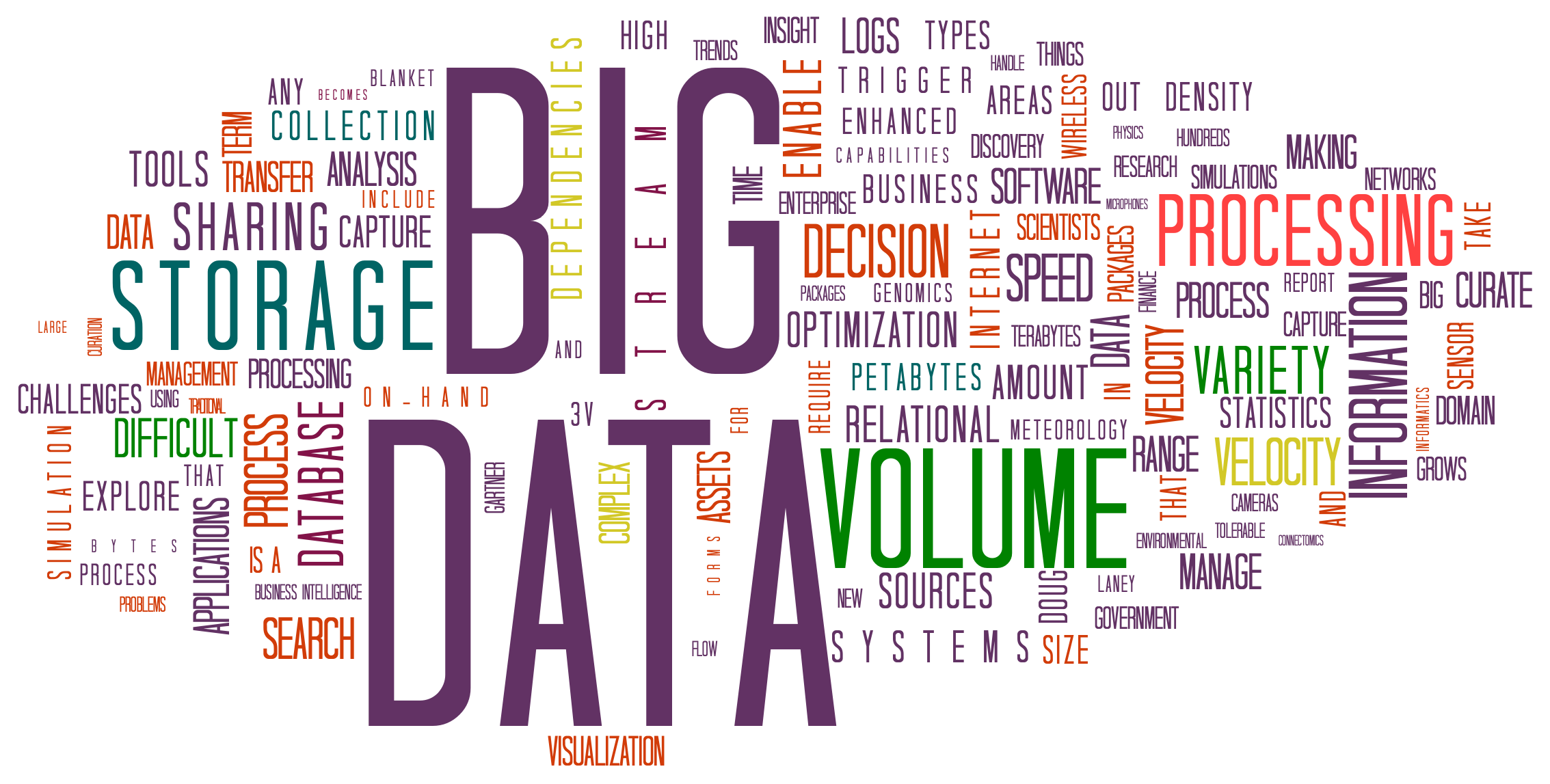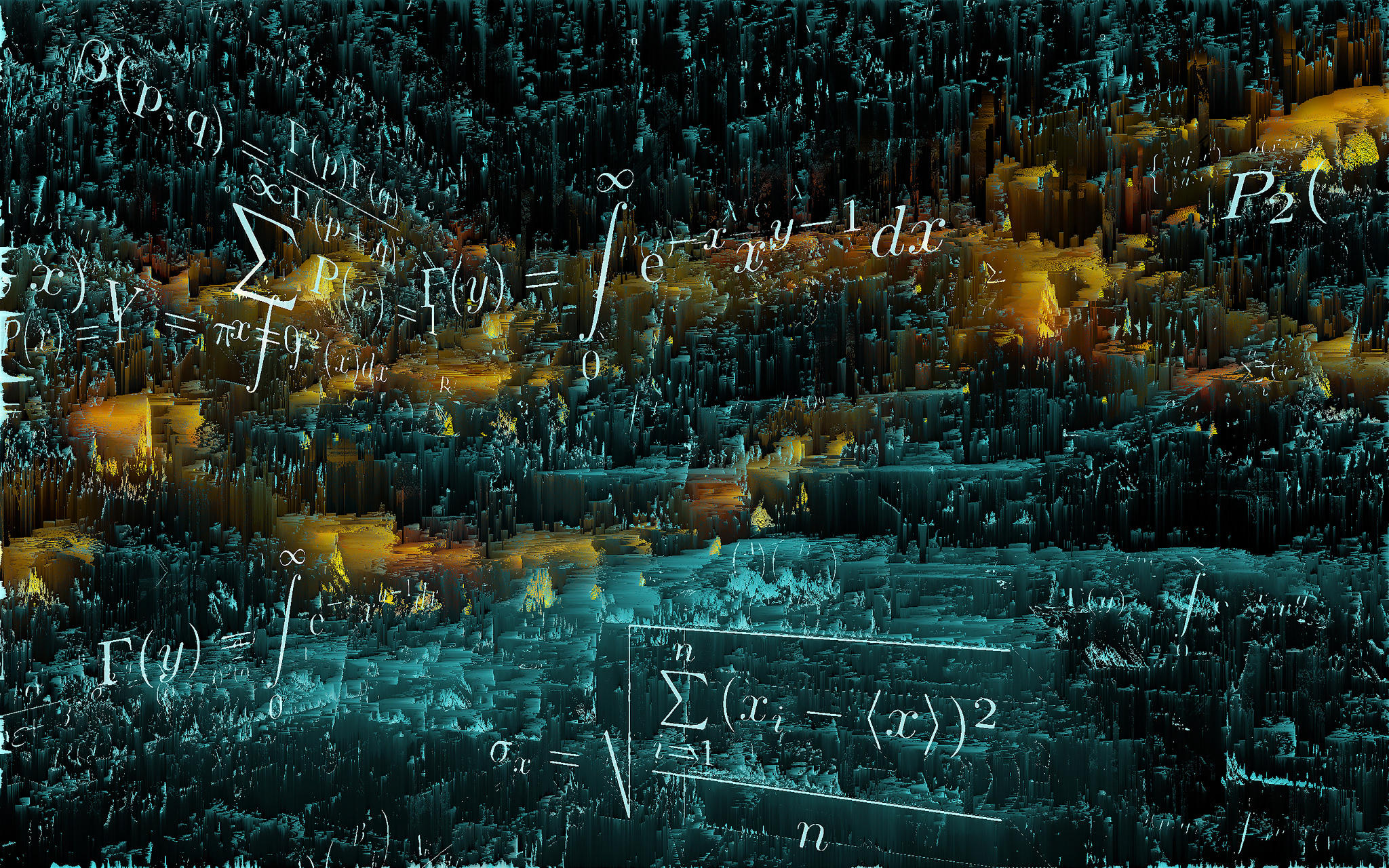It’s no secret that mathematics and computer science are subjects that are either loved or hated. Even in the history of math, this has been the case.
Like other sciences, both require logic and a solid knowledge of mathematical words too. While it all may seem daunting at first, with the right maths learning resources and teachers, these subjects can become less complicated and even enjoyable with practice.
At the heart of it, it is the point at which mathematics and computing meet that can lead to extremely attractive career options.
Want to give private lessons?
Join the Superprof community and share your knowledge with inquiring and motivated students.
How are Computing and Maths Related?
If you go right back to the origins of mathematics you will find that it is the basis of many current disciplines and even a few surprising ones too. Did you know that mathematics is the basis of many current disciplines and sciences? It is also much more useful than many think.
Numerous students in secondary school ponder over the practical significance of their maths lessons. However, it is often only after several years that they realise the indispensable role mathematics plays in the real world too.
Advances in computational mathematics led to the field of computing where early pioneers of computer science used mathematics for machine learning so that various computational procedures could be mechanized. This led to the birth of computers and information technology. If you love to follow advances in computational mathematics, then you are living in an age where it is an excellent time to cultivate an interest in these subjects because they provide avenues for captivating studies and lucrative opportunities.

If this sounds interesting, check out other interesting articles in this series, like the myths and clichés associated with maths as well the link between maths and art!
Maths Learning Resources that Combine Computer Science
For those with a love for both computers and maths, fortunately, the two subjects intersect across many different disciplines. Pursuing these subjects at the university level will provide you with a strong foundation that enables you to specialise later in your preferred area of study. Each specialisation when it comes to these subjects is an opportunity to engage intellect and of course, further develop them.
If you have concerns about the level of mathematics required, consider seeking the assistance of a math tutor who can support you along the way.
Once you have completed a Bachelor's degree, you could also consider going on to do a Master's. Some of the courses available include:
- Computer Engineering
- Multimedia
- Information Sciences & Systems
- Data Management
- Management Information Systems
After obtaining a Master's degree, you have the option to either enter the workforce and start a career or pursue additional years of study. Opting for the latter will earn you a doctorate that could open doors to becoming a researcher or university lecturer.
Want to give private lessons?
Join the Superprof community and share your knowledge with inquiring and motivated students.
Career Options: Maths and Computer Science
So you have studied the history of math and checked out all the maths learning resources you can find. You have even brushed up on your vocabulary and know more mathematical words than any of your peers.
What’s next?

Engaging in the study of a subject that captivates you is rewarding in itself, but it also paves the way for a broader objective. This could be attaining your dream job where mathematics and computing are combined.
There’s no doubt, computing has become increasingly vital in every sphere of society today. If you are bewildered by the vast amount of courses available or if you are uncertain about which path to take, here is an overview of various job categories that lie at the intersection of mathematics and computer science. Also, if you have a passion for sharing knowledge with others, have you considered a career as a mathematics lecturer or teacher?
Firstly, to pursue a teaching career in schools, it is necessary to complete a recognised teacher training program. For lecturing positions at universities, a Bachelor's degree, followed by a Master's and a PhD, is often required.
If you are an academic who loves the history of math, mathematical words and coming up with maths learning resources then the field of research could be for you. When it comes to pursuing a research career in mathematics for machine learning or contributing to advances in computational mathematics, you will probably need a doctorate.

If you are drawn to the development and maintenance of computer systems, careers in IT and telecommunications would be an excellent path to follow. These roles involve tasks such as application development and managing various forms of information flow. In addition, you may even have the opportunity to lead projects in these areas. To pursue lofty goals like these, obtaining a good and relevant degree is a crucial first step.
Are you intrigued by finance and company management?
The expertise of professionals in mathematics and computer science plays a central role in optimising decision-making processes within companies. Calculating risks, forecasting future economic trends, and maximizing profits all require advanced calculations that can only be performed by specialists in mathematics and computing.
If you have studied the history of math you will notice that the evolution of maths learning resources and tutoring have progressed significantly.
Industry Demands
Big names in industries where mathematics for machine learning is required are always on the lookout for highly skilled and competent applicants. Examples of industries that are making deep inroads into advances in computational mathematics include the automotive, aerospace and energy industries.
When you work for a company in one of these fields, you will not only be at the cutting edge of research and development but also constantly involved in complex problem solving where all of your maths learning resources will be required and more.

The rise of Big Data has made information a valuable asset for organisations, emphasising the importance of effectively managing large data flow.
If you have an interest in statistics and actionable insights, a career in this field could be an ideal fit for you.
Marketing departments, ranging from market research firms to insurance brokers, rely on precise information for sales forecasting. Companies engaged in work like this will often look for individuals with mathematical and IT expertise, making it an excellent opportunity for those with these skills.
Applying Maths and Computer Science in the Workplace
If you are still wondering how to contribute to advances in computational mathematics or other jobs where mathematical words will become your first language, consider these:
Database Administrator
A database administrator (DBA) is tasked with overseeing and maintaining databases. Initially, their role involves creating the database using appropriate tools. They collaborate with developers to enable database access, perform regular updates, and ensure the security of the database remains intact.
Accountant

Apart from managing a company's accounts, an accountant also serves as a financial advisor. Whether employed by a law firm or working independently, their crucial role is to ensure the accuracy and reliability of the financial information shared by the company. In addition, they certify the accounts of the organisation’s suppliers. As a skilled professional in business management, an accountant can provide valuable guidance to the company regarding strategies for optimising tax contributions and achieving long-term profitability.
Astrophysicist
An astrophysicist is a physicist who focuses on the exploration of stars, planets, and galaxies that compose our universe. By specialising in various disciplines, these researchers observe, theorise, and contribute to the advancement of our knowledge about the universe through scientific exploration and the development of improved instruments to detect celestial phenomena. Their daily work often involves conducting computer simulations as part of their research endeavours.
Statistician
A statistician is an expert in analysing numerical data. They collect information through surveys or other methods and then process it to uncover meaningful trends and figures. Proficient in creating and analysing graphical representations of data, their work also requires that accurate results are presented clearly and concisely. If you're looking to excel in statistics or need to refresh your knowledge from school, maths lessons online can provide valuable guidance to help you get ahead.
Auditor or Tax Inspector
In South Africa, a tax inspector is commonly referred to as a "tax auditor." They perform similar functions to tax inspectors in other countries, which include enforcing tax laws, conducting audits, and ensuring compliance with tax regulations. The term "auditor" is commonly used to describe professionals who carry out tax-related inspections and audits at organisations.
Software Engineer
A software engineer specialises in simulation and optimisation, with a popular branch centred around automation. This field often involves working in industries such as automotive, aeronautical, energy, or metallurgical sectors. So, now that you have an understanding of the connections between mathematics and computing, the next step is to explore and select a profession that aligns with your interests and allows you to thrive!
Finally, if this has been interesting, find out how maths and art are closely linked and how the contributions of Einstein helped to evolve maths.
Want to give private lessons?
Join the Superprof community and share your knowledge with inquiring and motivated students.
Summarise with AI:





